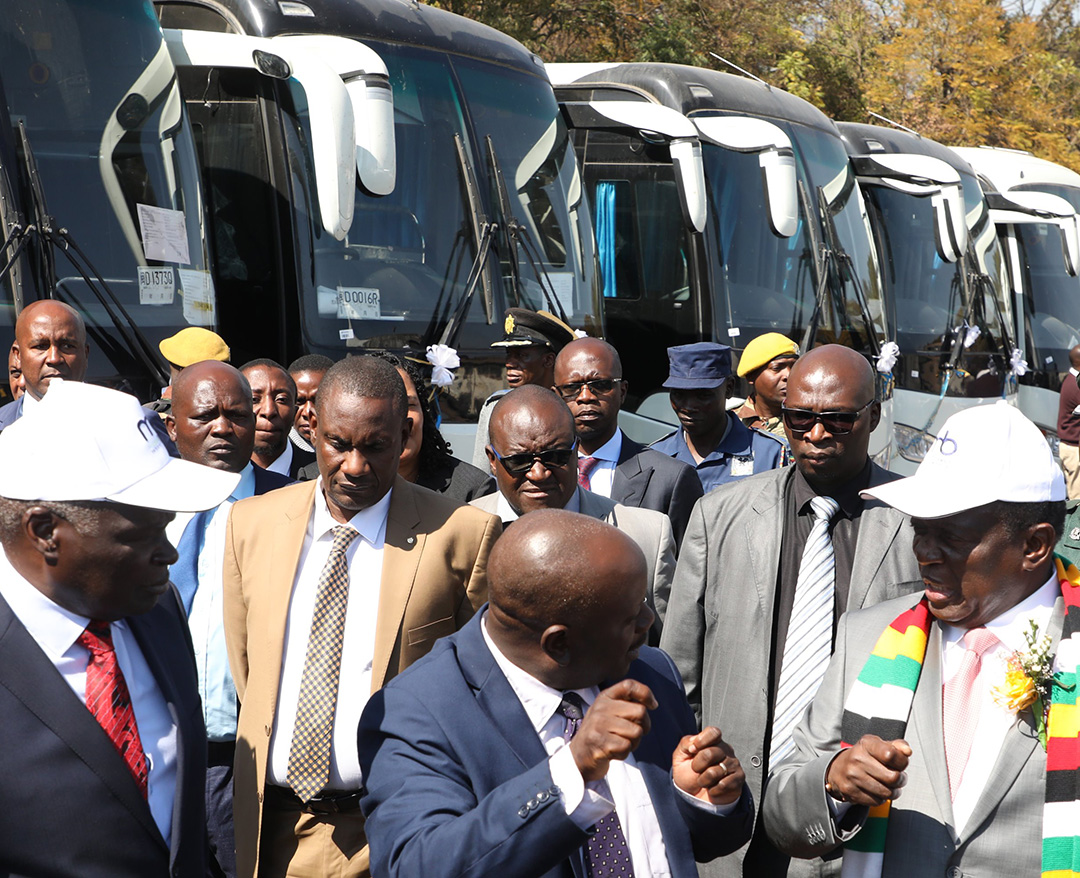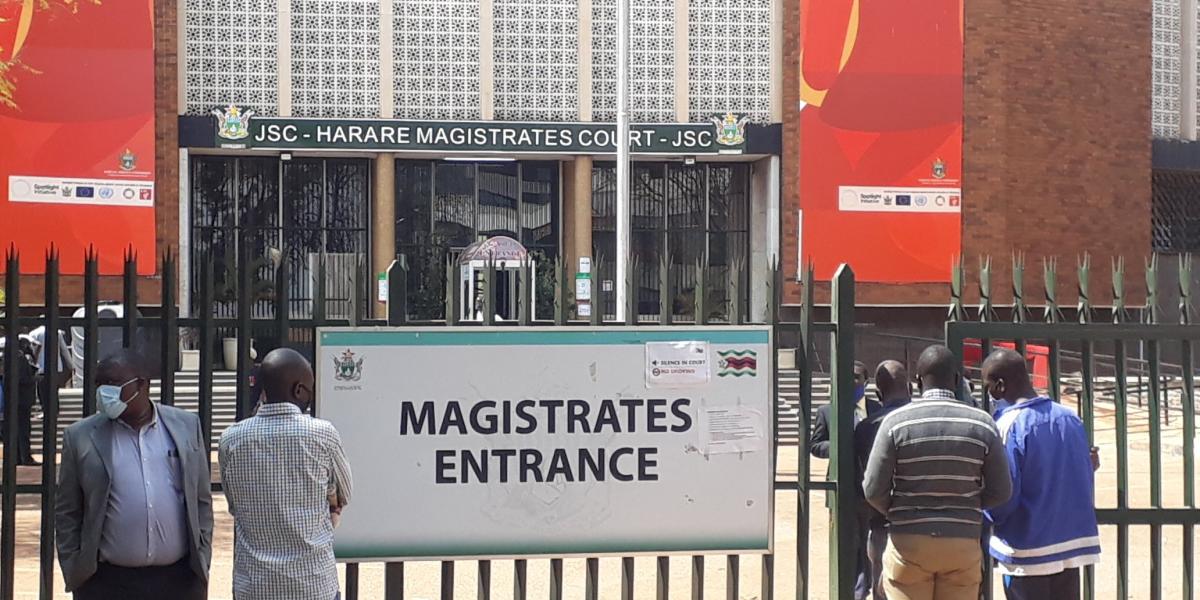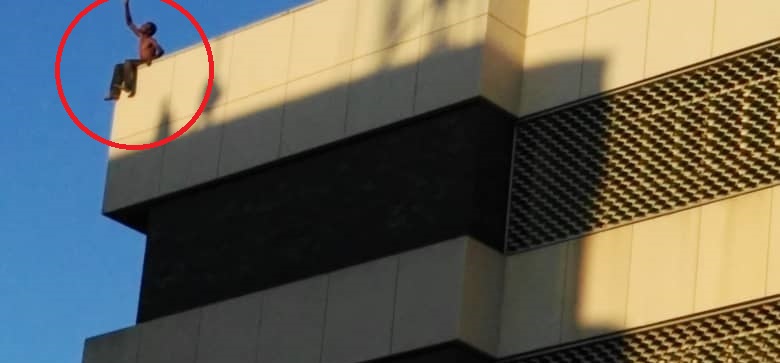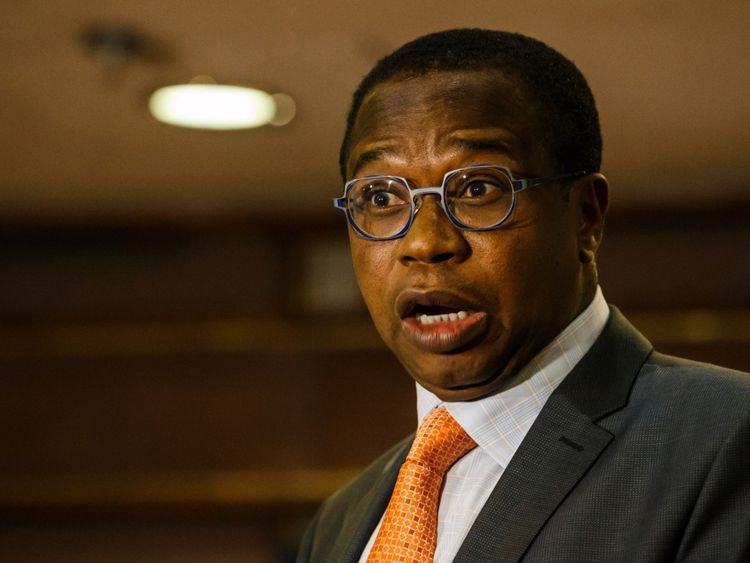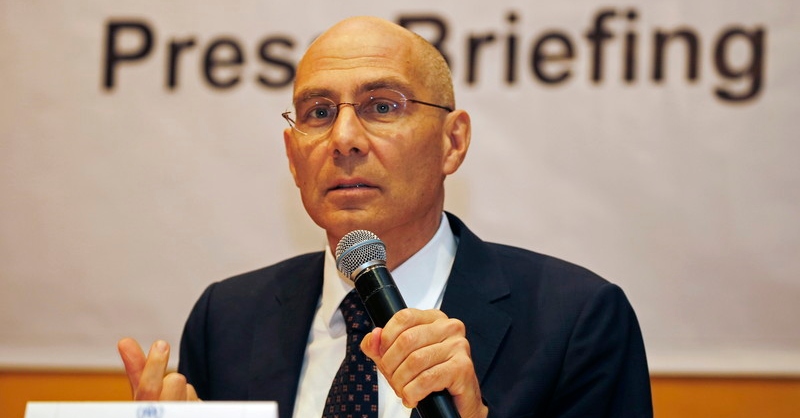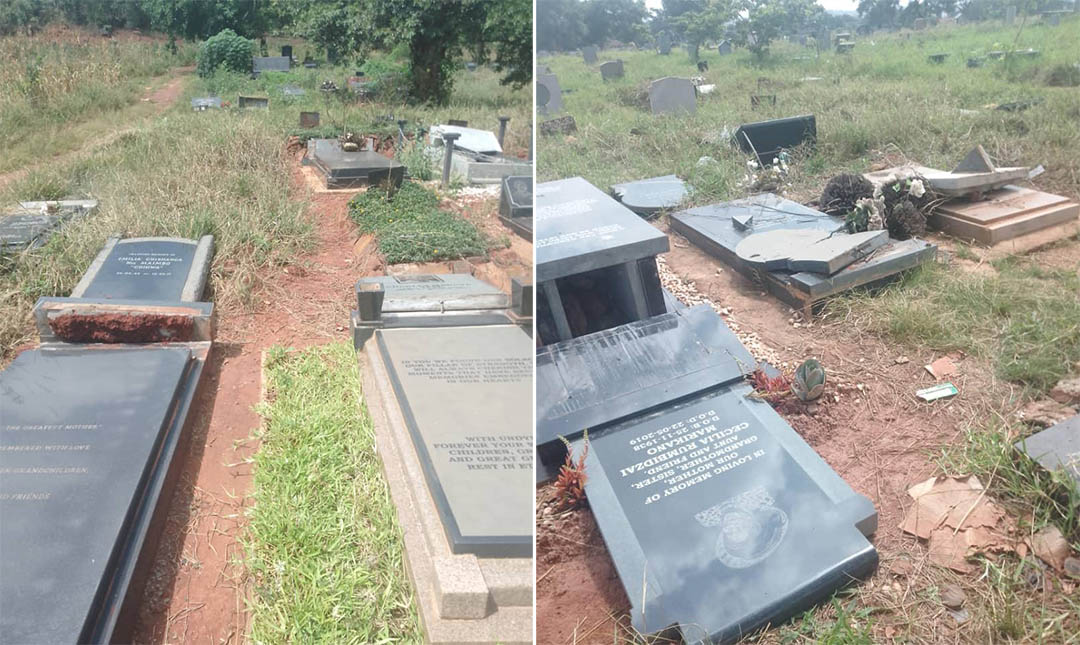BEGINNING January 21, 2019, the government of Zimbabwe has been making a series of declarations reinforcing the apparent principality of the Zimbabwe United Passenger Company (ZUPCO) in the provision of public transport.
Between January and December of 2019, 382 buses were hired to operate in major cities of Harare, Bulawayo, Mutare, Gweru, Masvingo, Kwekwe, and Chinhoyi – a loss-making venture that cost the central government millions of dollars in local currency. According to Finance Minister Mthuli Ncube, “by the end of December 2019, ZWL$303.9 million had been paid towards meeting the cost of hiring buses and other operating expenses.”
Further, the government had, as of March 2021, imported 212 new buses from Belarus with a further 500 still expected from China under an opaque arrangement with Landela Investments, a company owned by Zanu PF-connected businessman Kudakwashe Tagwirei.
The Zimbabwe Independent reported in June 2020 that Tagwirei’s company is buying the buses for US$58,900 and selling them to the government for US$212,962. The landing cost of each bus, including transportation, duty, tax and clearing, is an estimated US$104,147, meaning Landela is making a profit of US$108,815 per bus.
The series of declarations have gotten the nation to a point where ZUPCO has been granted an unlawful monopoly on public transport. Private players can only do business in transport if they rent out their vehicles to ZUPCO. Schools and companies wishing to hire private vehicles to transport pupils or workers, respectively, “should first seek clearance from the relevant ministry and ZUPCO,” according to a May 4, 2021, statement by the Zimbabwe Republic Police.
While no database exists on the total number of buses and kombis that ZUPCO has hired from private players, it is clearly substantial enough to conclude that ZWL$303,9 million is now spent in a few weeks or so subsidising the effort. The deployment of state apparatus towards ensuring that this loss-making venture runs without disturbance suggests that there is more than meets the eye in the ZUPCO monopoly move. Like every problem, this move means different things to different people.
On one end, the bravado and carefree nature of the declarations remind many of the land reform programme. Those who stood on the side and found solace in passive criticism of its violent and heartless manner lost out on an opportunity to own land. This memory has informed many bus operators to fall into line, rent out their buses to ZUPCO and make money through the only channel that is currently lawfully possible. They want to have their own share of the contemporary version of the ZWL$303,9 million of 2019.
To the ordinary masses that need nothing more than transport to go home, the possibility of every form of transport being under ZUPCO brings with it affordability and stability of fares on one hand and an end to the sexism and discourteousness of touts. But there ends the nobility of the exercise because in the main, the commuting public has suffered tremendous inconveniences because the ZUPCO buses are clearly not enough to meet the transport demands of commuters, and the routes are not flexible enough to make the travelling public forget the convenience of the kombis.
There is a political economic reality of ZUPCO as a state parastatal that can be wilfully run down through a dichotomous process of privatisation of benefits while nationalising debts. To start with, in 1980 Zimbabwe had 20 state-owned enterprises (SOEs). Today, there are 107 of them including ZUPCO. When a state-owned enterprise accumulates a huge debt that it is unable to pay, the government, through the Public Debt Management Act, assumes that debt and pays it so that a new investor comes and starts on a fresh page.
Debt assumption means that instead of investing in infrastructure and welfare of state employees, the tax will be used to pay debts that were accrued by these entities. In 2015, the total debt of SOEs combined stood at US$1.2 billion and by 2017 it was 70 percent of our GDP. In particular, parastatals that are monopoly service providers have been the biggest contributors to the overall SOE debt. In 2013, the ZESA legacy debt stood at US$500 million while the NRZ and Air Zimbabwe debts stood at US$575 million and US$419 million respectively at the time the government assumed them.
The ongoing ZUPCO scheme is a sure route to accumulation of debt, followed by debt assumption, and then finally handing whatever is left of it to a private investor to start on a fresh page. ZIMRE Holdings Limited bought 49 percent of ZUPCO in 1995. In 2019, the government offered to buy ZIMRE off the partnership, and then this scheme started.
Presently, the government is looking for another private partner to come into ZUPCO and get 49 percent of the shares at an estimated cost of US$250 million. First in line, without a doubt, will be Tagwirei who has, apart from his lucrative bus scheme, reportedly been “assisting” the state with Command Agriculture and a Covid-19 hospital.
There will be a time when ZUPCO will be owing private bus companies, its drivers and mechanics, schools, sports clubs, burial societies, funeral parlours, and literally everyone whose current business model involves transporting people. At that point, there will be chaos which will only be resolved through a ZUPCO Debt Assumption Act. Like all Ponzi Schemes, bus owners who rush to join ZUPCO early will make a killing while those who enter late will lose. The trick is on knowing when it is early enough or too late.
The use of police to force private taxi operators to be owed by ZUPCO at the shortest possible time is thus designed to catalyse ZUPCO Debt Assumption and the entry of the new partner. Possibly the partner will be given shares in exchange for the debt ZUPCO would have accrued through local bus hire as well the importation of buses from Belarus.
However, the certainty of the ZUPCO Debt Assumption Act means that travellers must understand that they have to pay less now so that they pay more in the future. That is exactly the opposite of saving or investment. Also, because this money will come from tax, it doesn’t matter who boards ZUPCO or who doesn’t, every citizen will pay.
Above all, there is a clear political move aimed at winning the 2023 elections long before they are held. The inflated invoices of the Belarussians and their middlemen have already been paid, and some of the profits from this opaque scheme find their way into the pockets of the politicians now vigorously enforcing the monopoly, creating an unaudited tunnel of continuously supplying buses to Zimbabwe.
In reciprocation, the Belarussians will fund Zanu PF’s political campaigns to ensure that tunnel is not closed.
When the ZUPCO scheme collapses, as it will, a radical declaration bringing back kombis will be made and state media will be roped in to praise the government for “listening” and being “compassionate, pro-business, and pro-people.”. Then there will be kongonya.
Discent Collins Bajila is a member of the MDC Alliance National Youth Executive Committee. He writes in personal capacity
